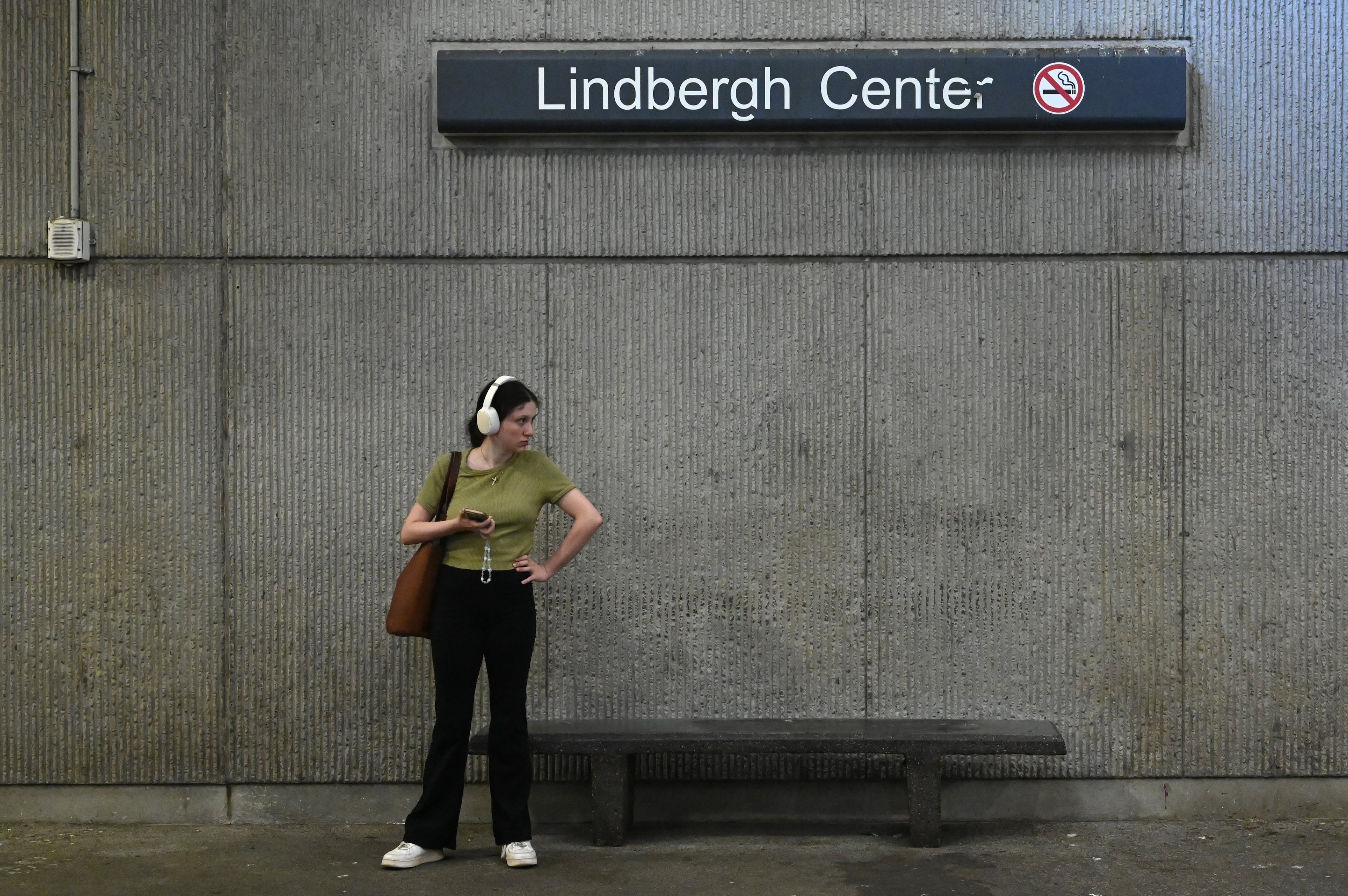Atlanta police hope to bolster body cam program with $3M federal grant

Atlanta police are working to have all officers wearing automated body-worn cameras following two highly publicized officer-involved shootings in which body cameras were not turned on.
The department applied for a federal grant of up to $3 million to expand its body camera program. It plans to purchase body cameras that turn on automatically once an officer draws his weapon.
“We want to take away all the human errors involved with turning on a body camera,” Atlanta police Deputy Chief Scott Kreher told The Atlanta Journal-Constitution.
Kreher said the department recently distributed 300 new body cameras paid for with a $470,100 donation from the Atlanta Police Foundation. Separately, the department also purchased 500 holster-activated cameras, which turn on automatically when an officer pulls their gun from the holster, Kreher said.
The federal grant the department has applied for is funded through the Department of Justice and would require the department to provide regular financial and progress reports on their body camera program.
RELATED COVERAGE:
With the grant, the department also wants to update all interview rooms at the precinct to have audio and video recordings fed into cloud-based storage, Kreher said. They want to include a live video feed, so supervisors can watch police respond to calls in the community.
Right now, 1,300 officers have body-worn cameras that must be turned on physically by the officers when they respond to calls. The department’s latest efforts come after two men were killed in officer-involved shootings in which the officers’ body cameras were not activated. Atlanta’s police department requires its officers to turn on cameras at the start of a call.
On Jan. 22, Jimmy Atchison was shot and killed as he hid in a closet, unarmed. Atchison, wanted for an alleged armed robbery of a cellphone, had fled to a friend’s apartment in northwest Atlanta after heavily armed task force members appeared at his door.
Officer Sung Kim, who shot Atchison, was working as part of a federal fugitive task force overseen by the FBI. Following the incident, Atlanta police pulled their officers from federal task forces because the federal agencies won’t allow officers to wear body cameras.
Roughly two months later, on March 31, Atlanta Officer Marquee Kelley shot and killed Oscar Cain, 32. Atlanta police said Cain showed a gun during a chase with Kelley, but because the officer failed to turn on his body camera, there was no footage of the incident.
Before those shootings, an audit conducted in 2018 revealed Atlanta police officers routinely failed to turn on their body cameras. The audit’s findings led Atlanta police to change its policy to require that body-worn cameras be on from the start to the end of a call. The recent fatal shootings, however, prompted Police Chief Erika Shields to ask for body-worn camera systems that automatically activates the camera anytime an officer unholsters their firearm.
Like Intown Atlanta News Now on Facebook | Follow us on Twitter
In other news:


